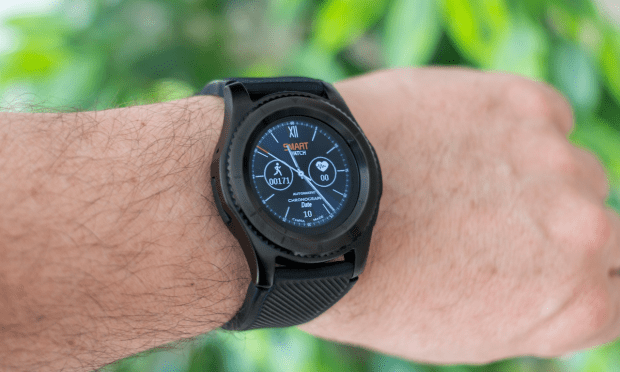Innovations in the healthcare industry have the potential to not only save lives but also time and money. The sector is well-positioned to leverage the transformative capabilities of the latest technologies, ranging from connected wearable devices to advanced artificial intelligence (AI). By integrating next-generation technologies, such as generative AI, healthcare can witness significant improvements in various aspects, including cost-effective care delivery, streamlined insurance processes, and enhanced healthcare payment systems.
Recent research conducted by MIT and Google highlights the promising role of large language models (LLMs) in analyzing wearable sensor data. These models can utilize contextual information like user demographics, health knowledge, and physiological data (e.g., heart rate and sleep patterns) to provide personalized health predictions across multiple areas such as mental health, activity tracking, metabolism, sleep, and cardiology. The study demonstrated that the fusion of AI and wearable data could enhance health prediction performance by up to 23.8%.
The marriage of wearable sensor technology with large language models represents a groundbreaking advancement in healthcare. This synergy enables genAI to analyze extensive personal data gathered from wearable health devices, empowering clinicians to make data-driven decisions, uncover hidden patterns, and forecast patient outcomes more accurately. The potential benefits extend to reducing physician workloads, enhancing patient outcomes, and optimizing care delivery within healthcare systems.
Enhancing AI Systems for Improved Healthcare
A PYMNTS Intelligence report, “Connected Wellness: Tracking The Rise Of Health-Tracking Technology,” in collaboration with CareCredit, underscores the increasing adoption of health-monitoring technologies among consumers. The surge in health wearable usage, particularly driven by younger demographics, generates a wealth of continuously monitored health data. This data can be leveraged to enhance care outcomes, mitigate redundancies, and alleviate process inefficiencies that contribute to rising costs in healthcare.
Notably, the researchers from MIT and Google focused on fine-tuning existing AI models rather than creating new ones. By utilizing dynamic data from personal health monitoring devices, they democratized the impact of their research on care delivery. This approach fosters convenience, access, and engagement, driving improved healthcare utilization, as highlighted by Neil Batlivala, co-founder and CEO of Pair Team.
While the potential of AI in healthcare is vast, concerns regarding privacy, bias, and explainability persist. Further scrutiny is essential before real-world deployment to address these ethical considerations. Despite existing apprehensions among adults about AI-driven healthcare decisions, increased exposure and understanding of AI may alleviate these fears. The alignment of incentives among patients, health systems, and insurers underscores the demand for seamless solutions across the healthcare continuum.
Pioneering Patient-Centric Innovations
The advent of faster, AI-assisted diagnoses leveraging personal information has the potential to expedite treatment processes, leading to improved outcomes and enhanced patient care. AI’s transformative impact on medicine, particularly in delivering patient-centric solutions, is increasingly recognized. By addressing challenges in health payment systems and administrative burdens faced by providers, AI can drive significant value creation in healthcare operations.
Forward CEO Adrian Aoun emphasizes the transformative role of AI in reshaping healthcare delivery, emphasizing the importance of focusing on areas that truly matter to patients. As the healthcare landscape evolves towards technology-driven solutions, organizations are urged to embrace innovative processes to capture the benefits offered by advanced technologies. This shift towards a more efficient and technology-driven healthcare ecosystem is crucial for delivering enhanced value and improving overall healthcare experiences.










